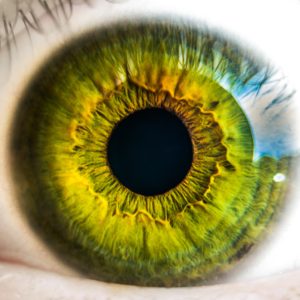
If you’re concerned about Alzheimer’s or dementia, you might mistake these “senior moments” for signs of mental decline. But there’s good news. Most memory lapses are nothing to worry about.
We’ve all had a memory lapses at one time or another. You can’t find your glasses anywhere — only to realize they’ve been on your head all along. Or you’re in the middle of a story and just can’t find the right word. (But it’s right there on the tip of your tongue!)
If you’re concerned about Alzheimer’s or dementia, you might mistake these “senior moments” for signs of mental decline. But there’s good news. Most memory lapses are nothing to worry about.
Beginning around age 45, you may notice everyday lapses happen more often. This is a natural part of aging. None of these are cause for alarm:
- Absent-mindedness (such as forgetting your keys)
- Not being able to retrieve a memory (the “tip-of-the-tongue” feeling)
- Getting details wrong when recalling an event
- Memories changing over time as you learn more information or talk to others
- Memories changing because of your emotions in the current moment
When to seek help
Of course, some memory issues should prompt a visit to the doctor. One of the most common signs of trouble is suddenly forgetting how to do something you’ve done many times before. For example:
- Getting lost in a familiar place
- Neglecting hygiene, nutrition or safety
- Becoming confused about the date or year
- Loss of short-term memory is also concerning. Signs include difficulty following directions or asking the same question over and over without retaining the answer.
Like the rest of the body, the brain shows signs of wear and tear as the years go by. Dementia risk increases steadily after age 65, so it is especially important for seniors to be watchful for these signs.
Heading off Alzheimer’s
So, if the risk of dementia rises with age, what’s a savvy senior to do? Studies have shown that the brain, like the rest of the body, improves with regular workouts. Exercising your mind doesn’t have to be a chore. Consider taking up one of these brain-building hobbies:
- Gaming. A recent study suggested that older adults who played a fast-paced video game were 33 percent less likely to show signs of dementia or Alzheimer’s disease ten years later.
- Volunteering. Give back to the community while keeping yourself sharp — libraries, animal shelters and soup kitchens are always looking for helping hands.
- Gardening. In addition to being excellent physical exercise, gardening grows problem-solving skills and patience.
- Music. Studies have shown that learning to play an instrument can enhance your memory, spatial reasoning and language skills.
Article Provided by:
Salem Health
503-814-5554
www.SalemHealth.org
Search Retirement Connection Listings for Residential Care Facilities
Search Residential Care Facilities for Grants Pass
Search Residential Care Facilities for Klamath Falls
Search Residential Care Facilities for Medford
Search Residential Care Facilities for Roseburg

